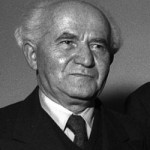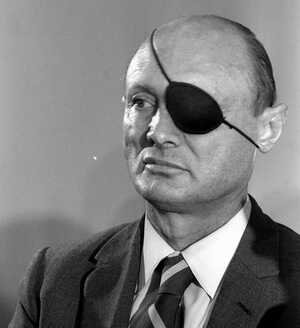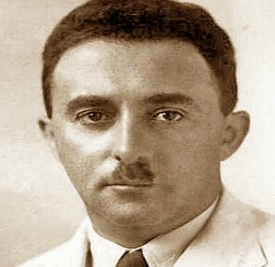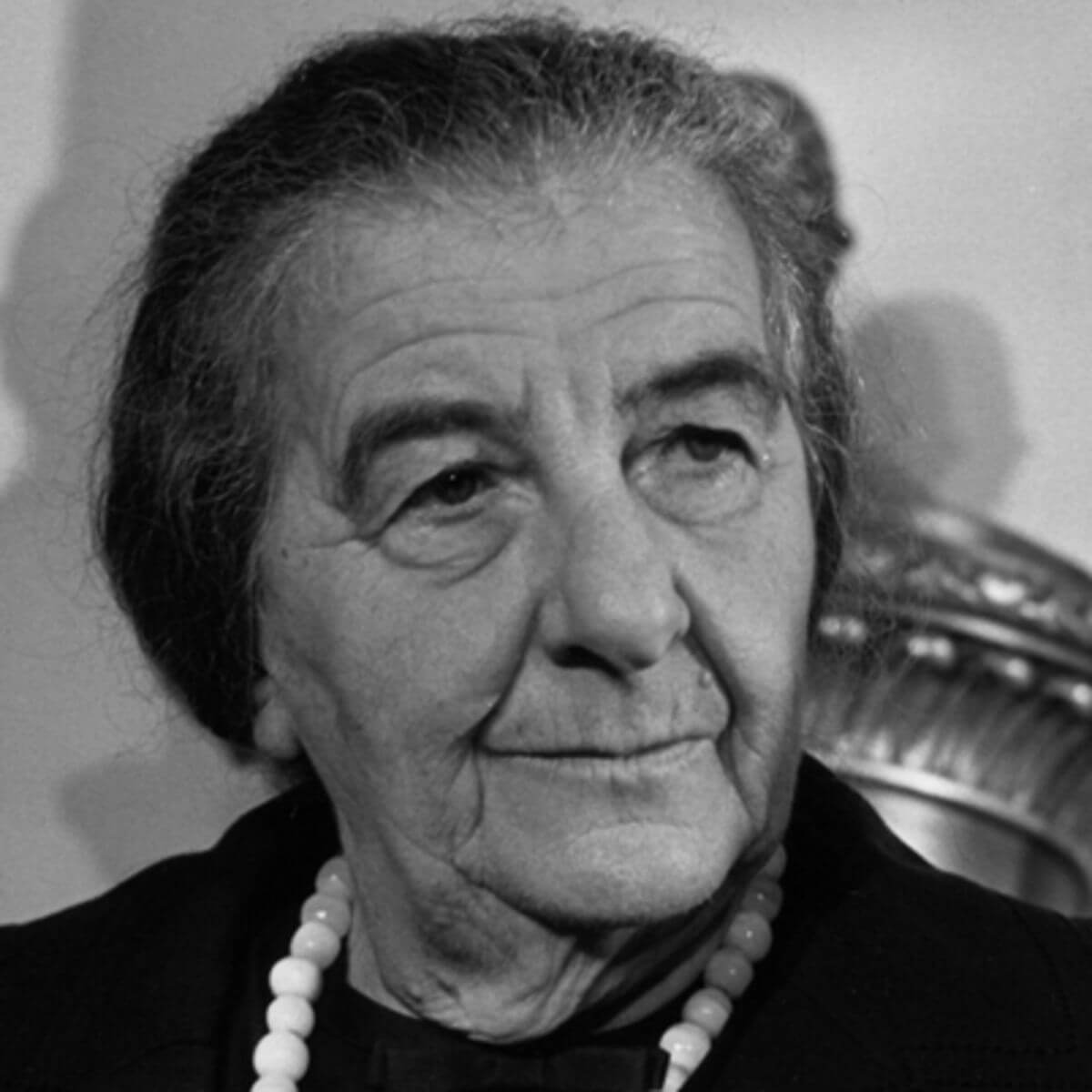The government of Golda Meir, which was re-elected in December 1973, had to deal with the aftermath of the Yom Kippur war – ending the occupation of Egyptian and Syrian territory and preventing a war of attrition. It also faced a crisis of confidence in relations between Israeli society and the political and military leadership, as a result of the intelligence failure which led to the surprise attack and the military failures in the opening phase of the war. In addition, economic crisis loomed, due to the need to finance continued mobilization of the reserves and reequipment of the IDF.
In November 1973 the government set up a Commission of Inquiry headed by the head of the Supreme Court, Justice Shimon Agranat, which would investigate the failures at the beginning of the war. Meanwhile, talks with the Egyptians had opened at the 101st Kilometre mark on the Suez-Cairo road, in order to stabilize the situation and to arrange supplies for the encircled Egyptian Third Army and an exchange of prisoners. US secretary of State Henry Kissinger was interested in taking over the sponsorship of the next stage of the talks, on separation of forces, as he sought to take advantage of the situation to promote wider diplomatic steps and to push the Soviets out of the Middle East. At his request, the direct talks were halted and transferred to the Geneva Peace Conference which opened on December 1973. They were finally wrapped up in a “shuttle” by Kissinger between Egypt in Israel in January 1974. For the first time , Israel agreed to give up territory it had won in 1967. A token Egyptian force would be stationed on the eastern side of the Suez Canal and the IDF would withdraw to a line some 25 kilometres further east. Limitations on forces and types of weapons held in Sinai would be monitored through American photographic flights.
Talks with Syria on separation of forces began in March 1974, after the Syrians had agreed to give Israel a list of POWs in its hands. On 1st April the Agranat Commission published a partial report, which led to Golda Meir’s resignation – the end of an era. However she and defence minister Moshe Dayan remained in office as part of a transitional government and succeeded in reaching an agreement with Syria, with the help of Kissinger’s mediation. After Israel agreed to withdraw from the enclave it had captured in Syria and from the town of Quneitra, the agreement was signed in Geneva on 31st May 1974. At the beginning of June 1974 the Israeli POWS held in Syria were returned.
This publication consists of three parts, reflecting the “earthquake” which affected Israeli society and politics after the war and the beginning of the US-led peace process in the Middle East, which eventually resulted in the peace treaty with Egypt in 1979 (see the ISA’s series of publication on Israeli-Egyptian relations). They continue the story to be found in our previous publication on the war, which was reissued in September 2023.
The first two parts were previously published and have been updated to mark the 50th anniversary of the Yom Kippur war. The third part, on the negotiations which led to the separation of forces agreement with Syria, is based on a new collection of documents, many of them recently declassified, especially government meetings. Most of the documents are in Hebrew and can be seen in full on our Hebrew website. Ten documents are in English and can be seen here.
This publication was produced as part of a joint project with the History Department of the IDF. We would like to thank Dr. Yaniv Friedman of the Department, as well as the staff of the ISA, who declassified and tagged the files on which the publication is based and made them available to the public, the staff of the Military Censorship and all those who helped in the preparation of this publication.
Part 1. The Separation of Forces agreement with Egypt, 18 January 1974.
Part 2. The Agranat Commission: The report that brought down a government
Part 3. The Separation of Forces Agreement with Syria, January-May 1974




